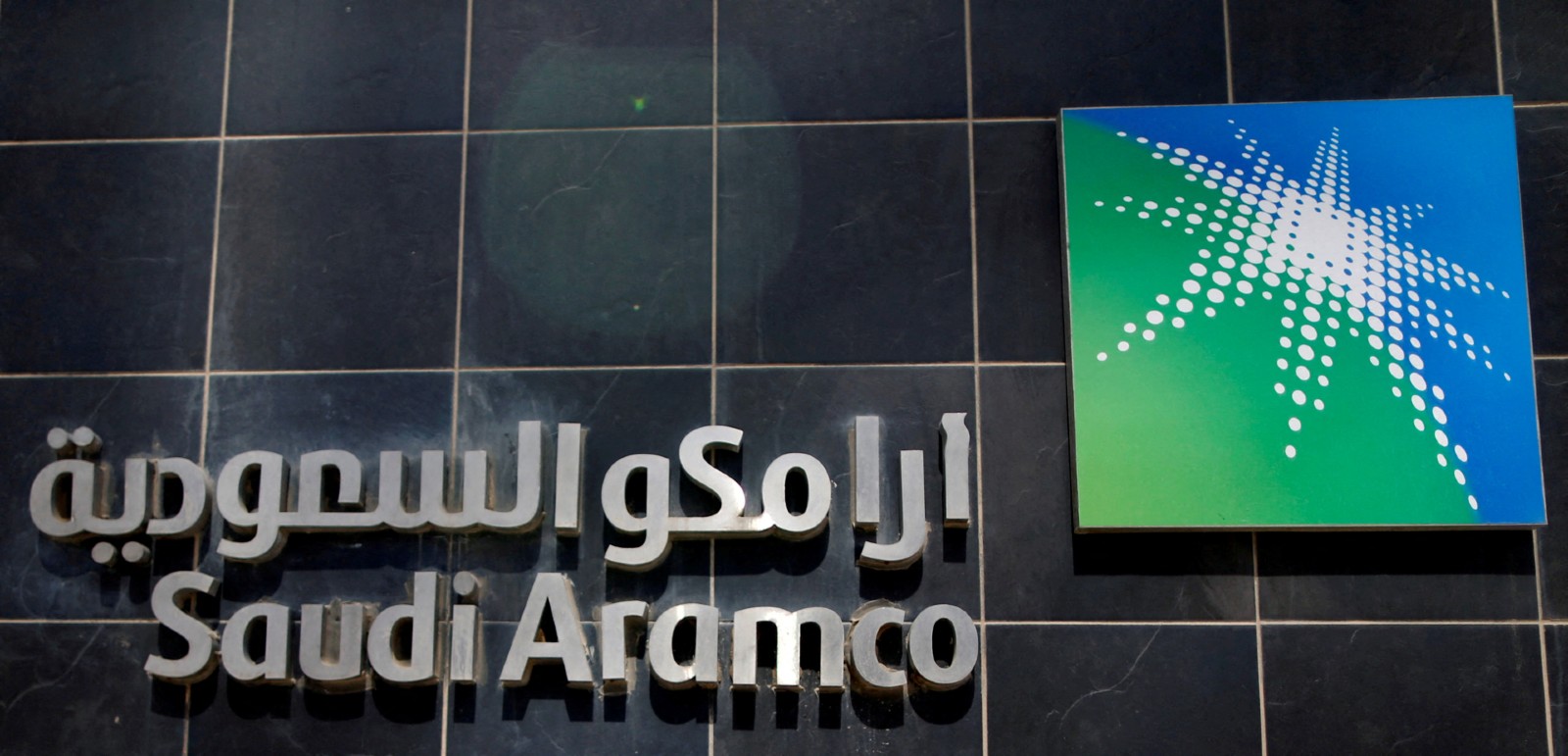MENA’s state-owned companies are bearing the burden of the region’s decarbonization efforts

MENA’s state-owned enterprises are crucial to emission reduction efforts: Even with significant regional decarbonization efforts and MENA positioning itself strongly in the global climate discourse by hosting COP27 and COP28, 20 state-owned enterprises (SOEs) in MENA generate more carbon emissions than the whole of Canada, according to research by the World Economic Forum (WEF). These SOEs will be essential to meeting decarbonization efforts as they represent a significant share of the region’s economic activity and a definitive drop in their emissions — spurred by programs in initiatives currently being implemented — would have a significant impact on regional emissions as a whole.
Which companies are we talking about? Some of these 20 SOEs include Emirates Airlines, Saudi Aramco, and the Saudi Electricity Company.
These companies have massive climate plans in the works, which will have an outsized impact on regional decarbonization: In its examination of 20 of MENA’s largest state-owned emitters that disclose their scope one and scope two emissions, the WEF found that these companies were ahead of other businesses in the region in their climate-related initiatives. Some 44% of the firms were found to be pushing down toxic emissions levels from nitrogen and sulfur oxides, while over 70% launched programs to minimize water consumption and inaugurated wastewater management initiatives. Similarly, 67% of the SOEs had initiatives on waste reduction.
Why does it matter? GHG reductions from energy giants like Aramco would spell out a massive push down in carbon generation for MENA as a whole, the WEF notes, and as industry leaders, the companies would also encourage smaller businesses to follow their footsteps by setting an example. Since SOEs in MENA also make up most of the utility providers in our region, they can guide citizens on energy-efficient practices that conserve power and push down emissions, WEF notes.
The largest emitters in the region are also eyeing power from renewables: Almost 90% of the SOEs have plans to source a chunk of their power needs from renewable energy sources and 50% laid the groundwork to use clean hydrogen and carbon capture tech to push down their carbon footprint. Aramco, for instance, signed an MoU with China’s state-owned coal mining company Shandong Energy to cooperate in technologies ranging from renewables to hydrogen and carbon capture and storage. 30% have plans to use sustainable aviation fuels.
The Achilles heel? Carbon neutrality targets: While companies like ADNOC and Aramco declared ambitions to be carbon neutral by 2050, the research found that publicly-owned firms in MENA still have a long way to go on the decarbonization front. Only 30% of MENA SOEs declared goals to pursue a net-zero target, 20% have devised a plan to attain carbon neutrality, and only 5% have enforced climate change disclosure frameworks.